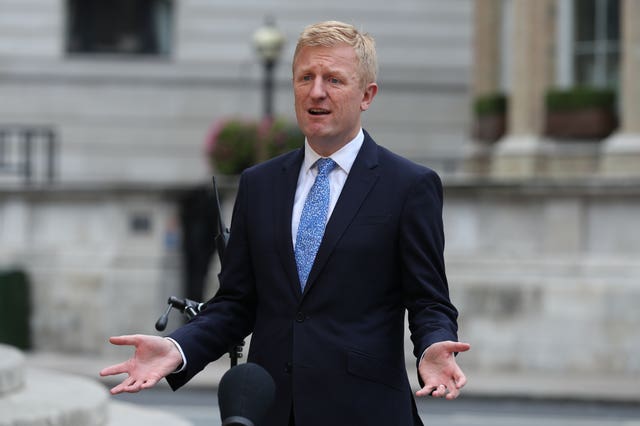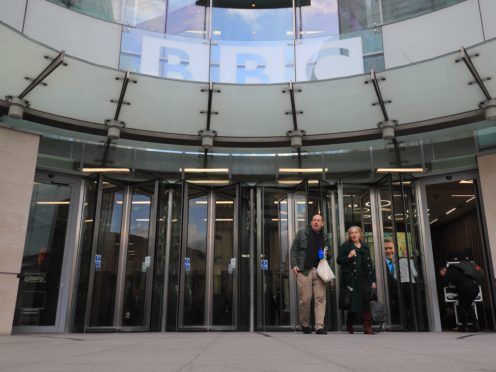The Government is not going ahead with plans to decriminalise non-payment of the licence fee but will keep the issue under “active consideration”, it has said.
Culture Secretary Oliver Dowden said switching to a civil enforcement system risked being seen as an “invitation” to evade the fee and could ultimately reward those who declined to pay.
But he said the Government remained concerned that a criminal sanction was “disproportionate and unfair” in the current public service broadcasting landscape.

The Government launched an eight-week consultation in February last year, and it closed after receiving 154,478 responses from individuals, campaign organisations and other stakeholders.
Taken together, the majority of all of the responses which gave an opinion were opposed to decriminalisation.
Responses from individuals were split with 17,652 for decriminalisation and 19,199 against.
From campaign groups, there were 18,869 for and 92,831 against.
Of stakeholders, 21 were for decriminalisation and 45 against, while 15 offered no overall view.
The issue will be revisited as part of licence fee negotiations between 2022 and 2027, when the BBC’s royal charter expires.
The BBC has previously warned that decriminalising licence fee evasion and switching to a civil system would cost it more than £1 billion and lead to significant cuts to programmes and services.
In a statement announcing the Government response, Mr Dowden said: “After carefully considering the responses received, the Government remains concerned that a criminal sanction for TV licence evasion is increasingly disproportionate and unfair in a modern public service broadcasting system.
“The consultation responses showed that a significant number of people oppose the criminal sanction with some highlighting the considerable stress and anxiety it can cause for individuals, including for the most vulnerable in society, such as older people.
“However, the Government recognises that changing the sanction for TV licence evasion would have wide-ranging impacts for licence fee payers, including the potential for significantly higher fines and costs for individuals who evade the licence fee requirement under a civil regime.
“The consultation also highlighted significant impacts in terms of both the cost and implementation – particularly as the current system is very efficiently handled in the magistrates’ court – and challenges posed to the ongoing collection of the licence fee.”
Mr Dowden said the Government remained “determined that any future change to the TV licence sanction or enforcement scheme should not be seen as an invitation to evade the TV licence requirement, nor should it privilege the rule-breaking minority over the rule-abiding majority”.
He said the issue would remain under “active consideration” while more work was done to understand the impact of alternative schemes.
In October, Mr Dowden foreshadowed the Government response by telling MPs he did not want to send a signal saying that it is legitimate to not pay the TV licence.
A BBC spokesperson said: “The current system remains the fairest and most effective. The responses to the Government’s consultation shows the majority back the current system. The BBC will fully engage with the Government going forward on how we can continue to play an important role for the public.”
A review in 2015 said licence fee evasion should not be decriminalised.
